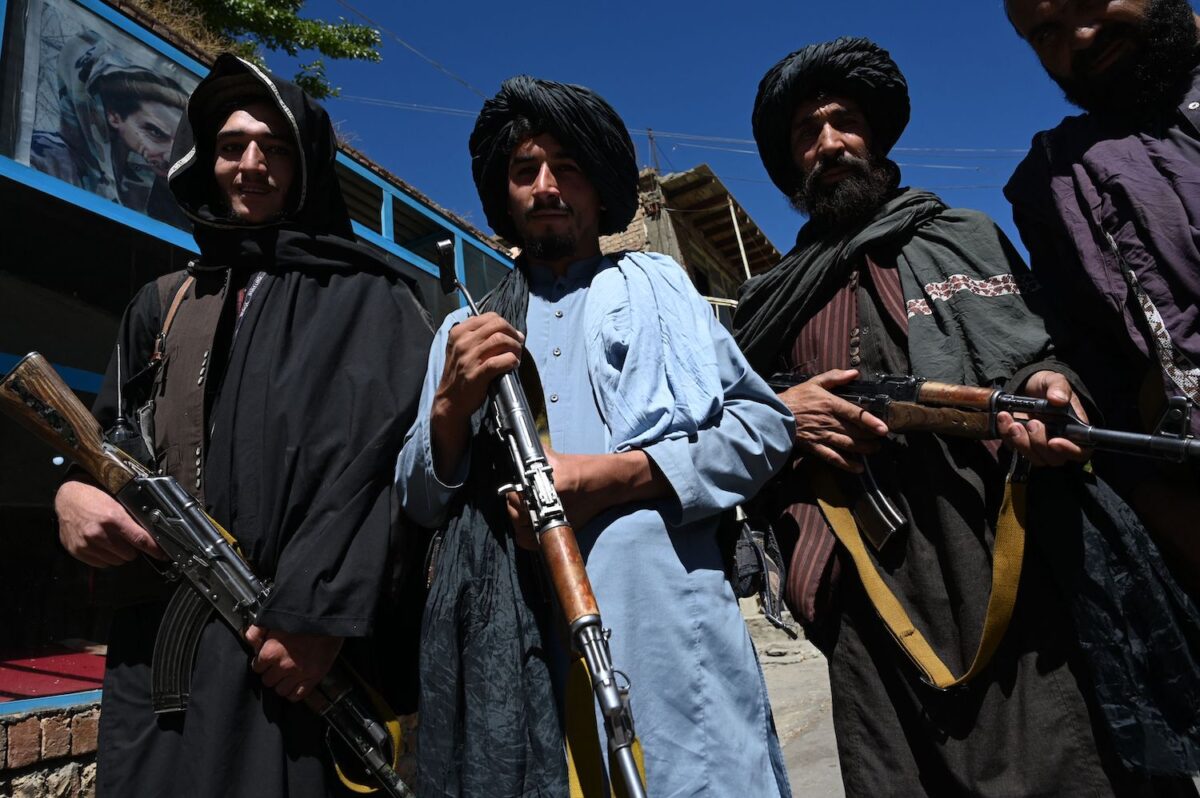Milley warned on Wednesday of a “real possibility” that al-Qaeda or Daesh could rebuild in Afghanistan as early as spring 2022 in the wake of the U.S. military withdrawal.
While testifying before the House Armed Services Committee, Milley said that the terrorist threat from Afghanistan is less than it was on 9/11 but that the conditions could be set for a reconstitution of al-Qaeda and/or Daesh.
Secretary of Defense Lloyd Austin agreed during his own testimony, saying “there is clearly a possibility” for the terrorist groups to regenerate now that U.S. forces have left the country, which was taken over by the Taliban.
“Al Qaeda has been degraded over time,” Austin stated, adding, “Now, terrorist organizations seek ungoverned spaces so that they can train and equip and thrive and, and so, there is clearly a possibility that that can happen here, going forward.”
“Our goal is to maintain a laser-like focus on this so that it doesn’t happen,” he continued.
The Taliban promised the Donald Trump administration in February 2020 that it would not allow terrorist organizations to use the country as a launchpad for attacks if the U.S. withdrew its forces. However, defense officials are less-than-certain that the Taliban will honor its promise.
Austin said he wouldn’t rule out the possibility that the U.S. will have to return to Afghanistan.
“While I won’t rule anything out, I would just say it’s not preordained that we will go back or have to go back into Afghanistan again,” he noted, adding, “But if we do, the military will provide good credible options to be able to do that and to be effective.”
During testimony before the Senate Armed Services Committee one day earlier, Austin noted that the military could monitor and conduct strikes against the terrorist groups from bases far away, if necessary.
“Over-the-horizon operations are difficult but absolutely possible,” he said.
General Kenneth McKenzie, CENTCOM commander, stated during the hearing on Tuesday that is it “yet to be seen” whether the U.S. can deny al-Qaeda and Daesh the ability to use Afghanistan to launch attacks.
“We could get to that point, but I do not yet have that level of confidence,” he added.
Meanwhile, President Joe Biden has pledged to prevent the groups from rebuilding to a point where they could attack Americans or the United States.
